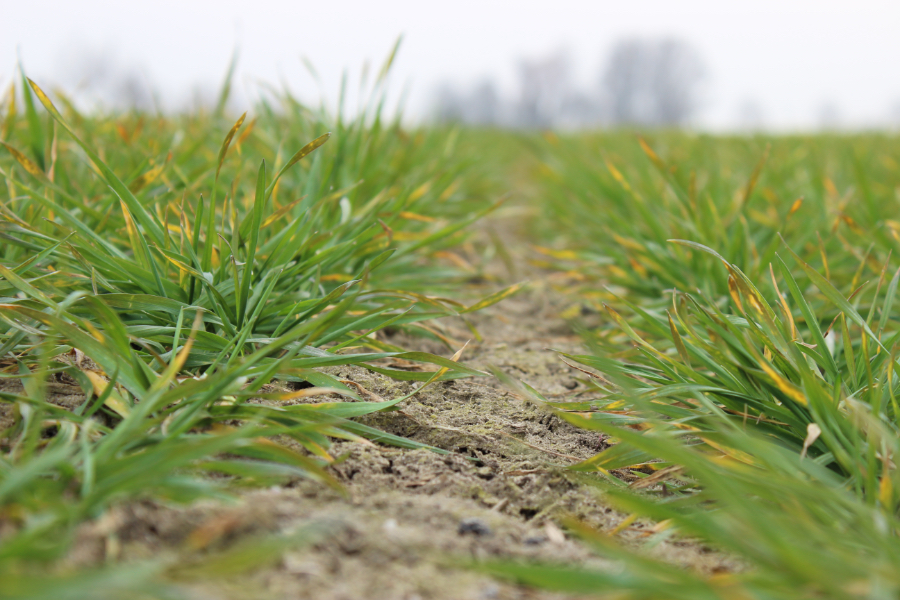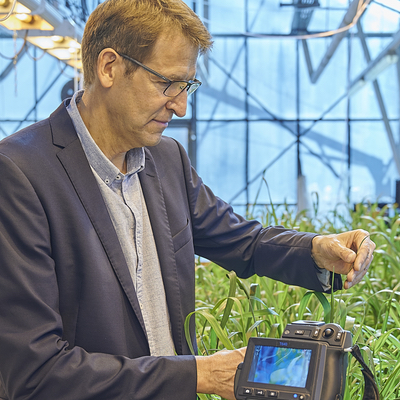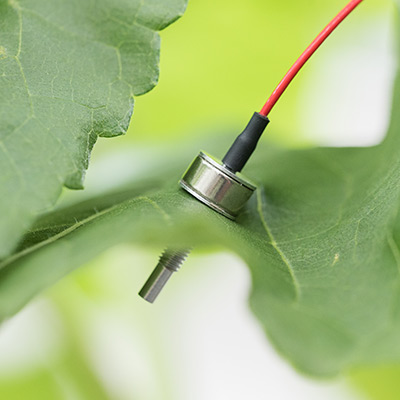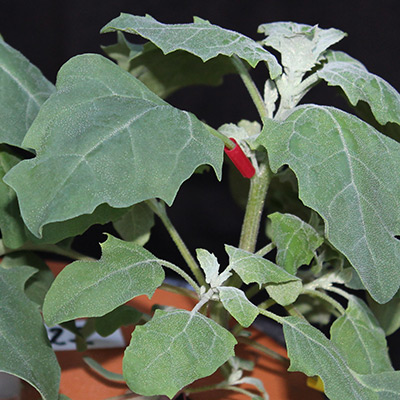Research
Effects of Magnesium Status on Photosynthetic Efficiency and Water-Use Efficiency in Wheat Suffering from Drought
The growing global demand for food increases the need for more efficient crop production. However, efficient crop production is hindered by biotic and abiotic stress factors, such as drought. A future rise in the frequency and intensity of drought events will increasingly affect crop production, bringing drought stress into even sharper focus as a major constraint on crop productivity. Improving water-use efficiency would be an important contribution to stable productivity under limited water resources in cropping systems.
Water-use efficiency serves as a measure of efficiency in optimizing carbon assimilation while minimizing water use. Plants seek to maximize carbon dioxide (CO2) assimilation for a given amount of water loss. This ratio of CO2 assimilation to water consumption is described as water-use efficiency. Changing this ratio toward reduced or constant transpiration and relatively higher assimilation could help stabilize yields under conditions of decreasing water availability and increasing food demand.
In this context, nutrient management indirectly affects water-use efficiency by influencing plant physiology. Magnesium (Mg), as an essential macronutrient, is essential for plant growth and productivity. Mg has numerous functions in plant physiology, such as binding in chlorophyll molecules or CO2 fixation. Mg deficiency results in reduced photosynthetic rates and is associated with reduced assimilate translocation, which leads to reduced root growth and altered shoot-to-root ratios. Reduced root growth is particularly detrimental under drought stress, which in turn reduces Mg uptake. Improved management of Mg nutrition under drought stress can help improve water-use efficiency. This requires a detailed understanding of water and carbon fluxes, changes in source-sink relationships, and water-use efficiency at different scales, but this has not been adequately explored to date.
The project's research therefore aims to gain a detailed understanding of the physiological mechanisms of how Mg can mitigate negative effects induced by drought stress and improve water-use efficiency.
The PhD project with a scheduled duration of three years is funded by the Chinese Scholarship Council and K+S Minerals and Agriculture GmbH.










